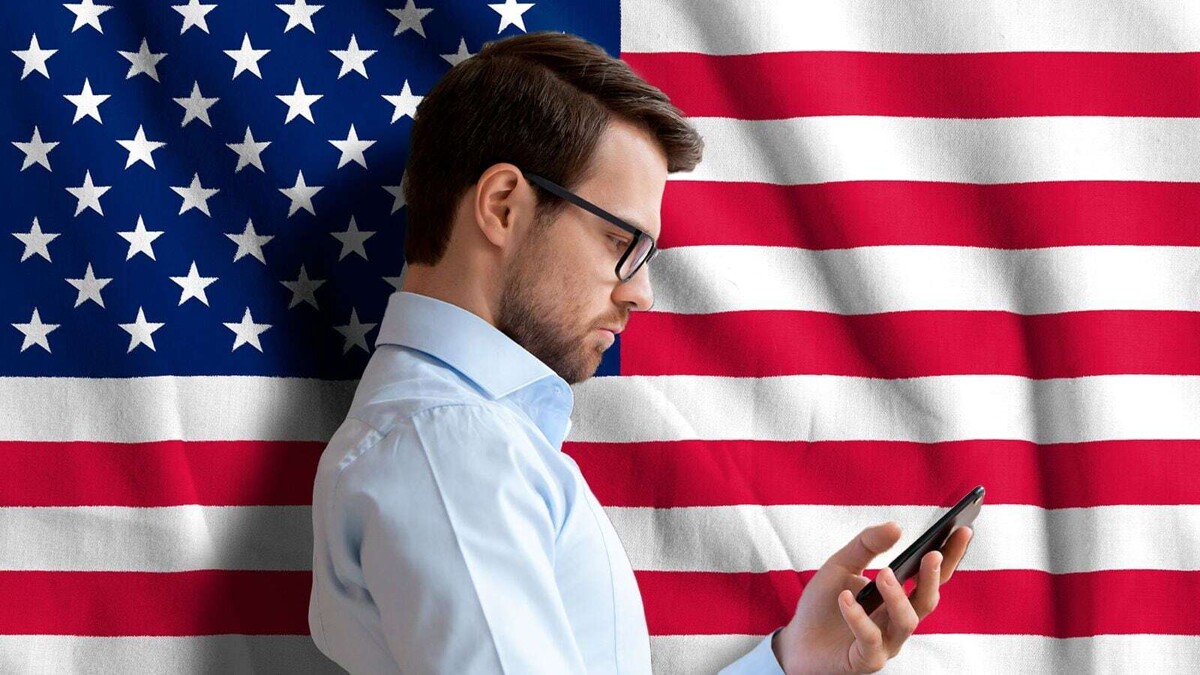
Warning about the severe global consequences of tariffs is crucial at this time. While they heavily impact Mexican citizens, they should not dominate the national discussion. Visa holders have clearly picked up on Donald Trump's message of rejection towards foreigners. An average Mexican assumes a potential hostile attitude upon arriving in the United States, a feeling exacerbated by recent anti-immigration policies promoted from the White House.
U.S. immigration authorities have expanded their powers, now with a xenophobic focus and an open contempt for the laws and rights of foreigners. Trump's presidency has generated economic unrest worldwide and challenges to institutions and justice in his own country. Under this new administration, expressing divergent opinions can lead to negative consequences, as demonstrated by hostility towards certain student groups.
President Claudia Sheinbaum must lead a broad debate on the implications of Trump's policies beyond tariffs. Travel to the United States has decreased, reflecting growing concern over potential legal issues when entering the country. In light of these circumstances, it is advisable to take steps to protect the privacy of information on mobile devices when crossing the border, as suggested by the recent security guide published by Wired magazine.
It is essential to consider the risks related to security and privacy when traveling to any country, including the United States. Implementing protective measures on electronic devices can be crucial to avoid legal inconveniences or rights violations. Given the increase in surveillance and restrictive policies, it is important to be prepared and take precautions to protect personal information upon entering U.S. territory.













